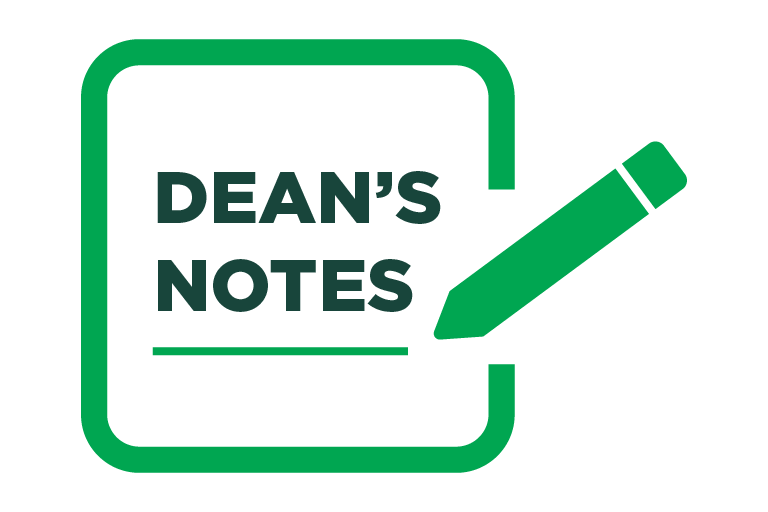How is it September already!
As we begin the FS23 semester either energized or not quite ready but still giving it our all, it is good for us to keep at the forefront our minds the importance of being kind to others and to ourselves. I am a huge fan of Shankar Vedantam’s podcast, The Hidden Brain. In his podcast, Shankar “uses science and storytelling to reveal the unconscious patterns that drive human behavior, shape our choices and direct our relationships.” In the episode, Being Kind to Yourself, Shankar and psychologist Kristin Neff addressed self-compassion. Why, they ask, is that we are often more kind to others than we are to ourselves? Shankar and Kristin respond to this question by walking us through how our brain processes experiences. They also articulate that when we are more kind to ourselves, we are more able to be kind to others.
How can we, as members of the ComArtSci community, uphold our primary responsibility of supporting student progress towards their desired degrees, while also exemplifying kindness towards both our students and ourselves? Rebecka Peterson, a high school math teacher in Tulsa, Oklahoma and the 2023 National Teacher of the Year, advises us is to listen to “students’ stories as a way to better understand them and elevate their voice.” Simply put, it’s critical that we have some level of understanding and knowledge about the students who comprise our classrooms, e.g., geographic region; race/ethnicity; ability; etc. It doesn’t matter if we have 20 students or 200. It is our responsibility to have a sense of who they are and what their needs are.
Peterson, an immigrant of Swedish-Iranian descent, credits her success to a blog called, “One Good Thing,” which illuminates intentional gratitude, providing a space for teachers to document the successes and joys in their classrooms, the mantra being, “every day might not be good, but there’s one good thing in every day.”
Peterson is not shy about incorporating joy into her classroom. She makes “space for both good and bad days, grief and triumph,” however, she makes sure that joy has the final word. “As much as I want my students [to] learn about derivatives and integrals, what I really want them to take away is that they’re the authors of their own story, and I hope that they’re inspired to make sure the light always has the final word in their chapters,” Peterson said.
“Teaching is this continual ripple effect, and you never know whose trajectory you’ll change, and then whose trajectory they’ll change.”
We all have an enormous capacity to impact students. Whether it is greeting them with a smile when they come to the office in search of their classroom or gaining a new perspective about those within your learning environment, we all have vast power to impact their lives – let’s work together to corroborate a positive impact via genuine communication, connection, and celebration. Shankar Vedantam, Kristin Neff, and Rebecka Peterson do an excellent job of modeling how we can practice compassion to ourselves and to others. Let’s do it!
I wish each of you an amazing semester of communicating, connecting, and celebrating!
Take good care.
By Teresa Mastin, Interim Dean of the College of Communication Arts and Sciences
